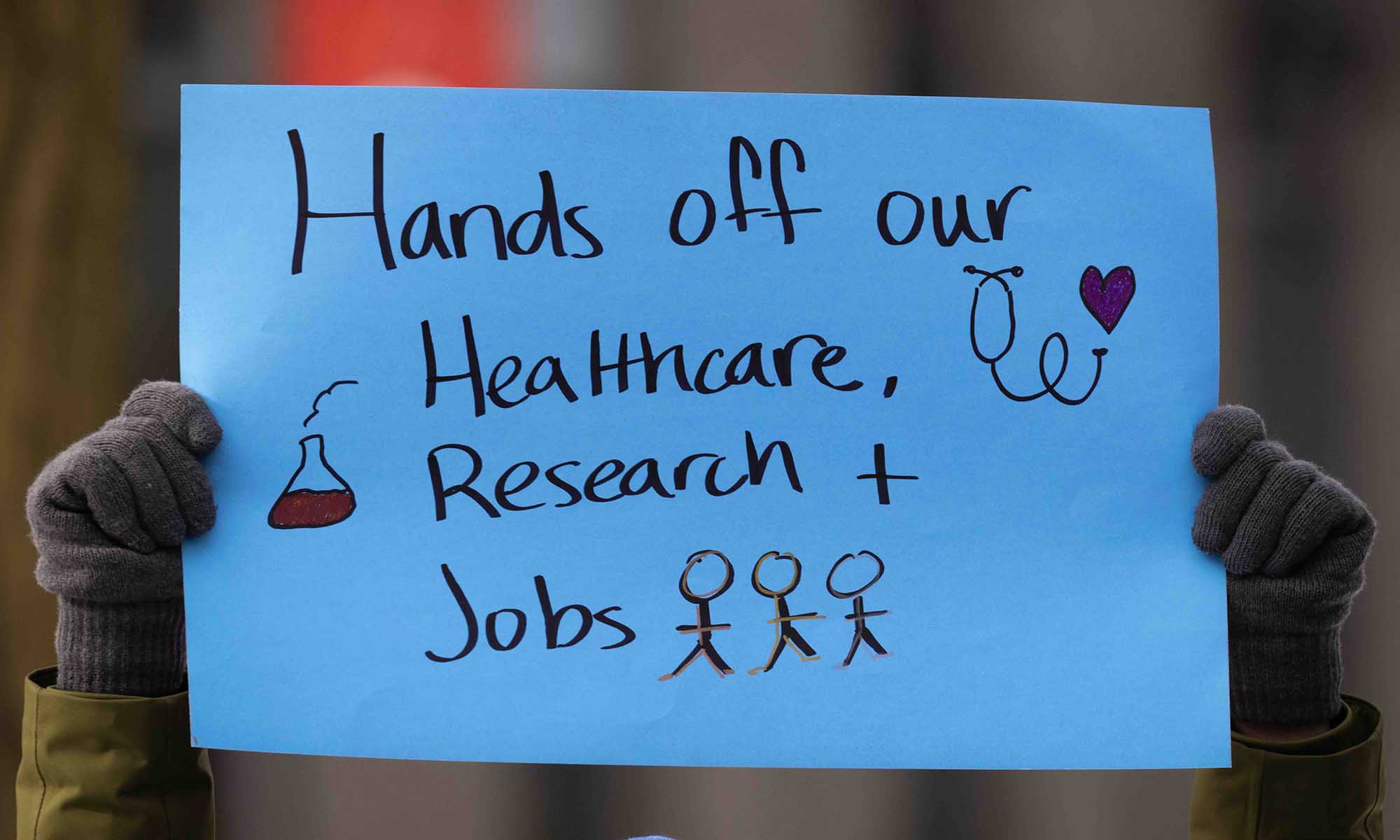
Study: Widespread disapproval of federal interventions in science, public health
The findings, based on a sweeping national survey, help quantify the public’s verdict on recent federal policies.

Who’s immune to conspiracy theories?
Rochester faculty on how political conspiracy theories start and spread—and why people believe them.
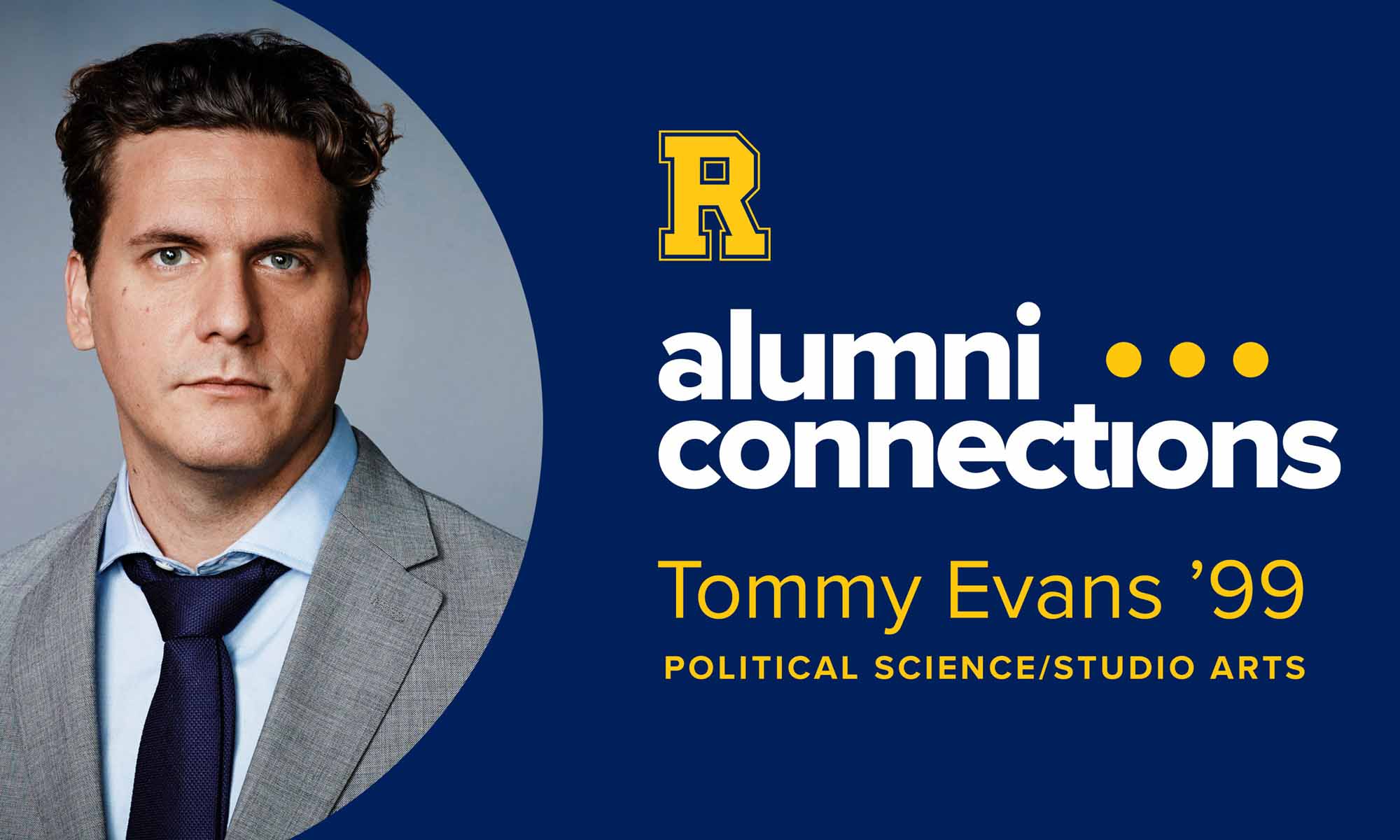
Tommy Evans ’99: Witnessing and reporting on world events
One of NPR’s top editors discusses how his Rochester education equipped him for an unexpected career in journalism.
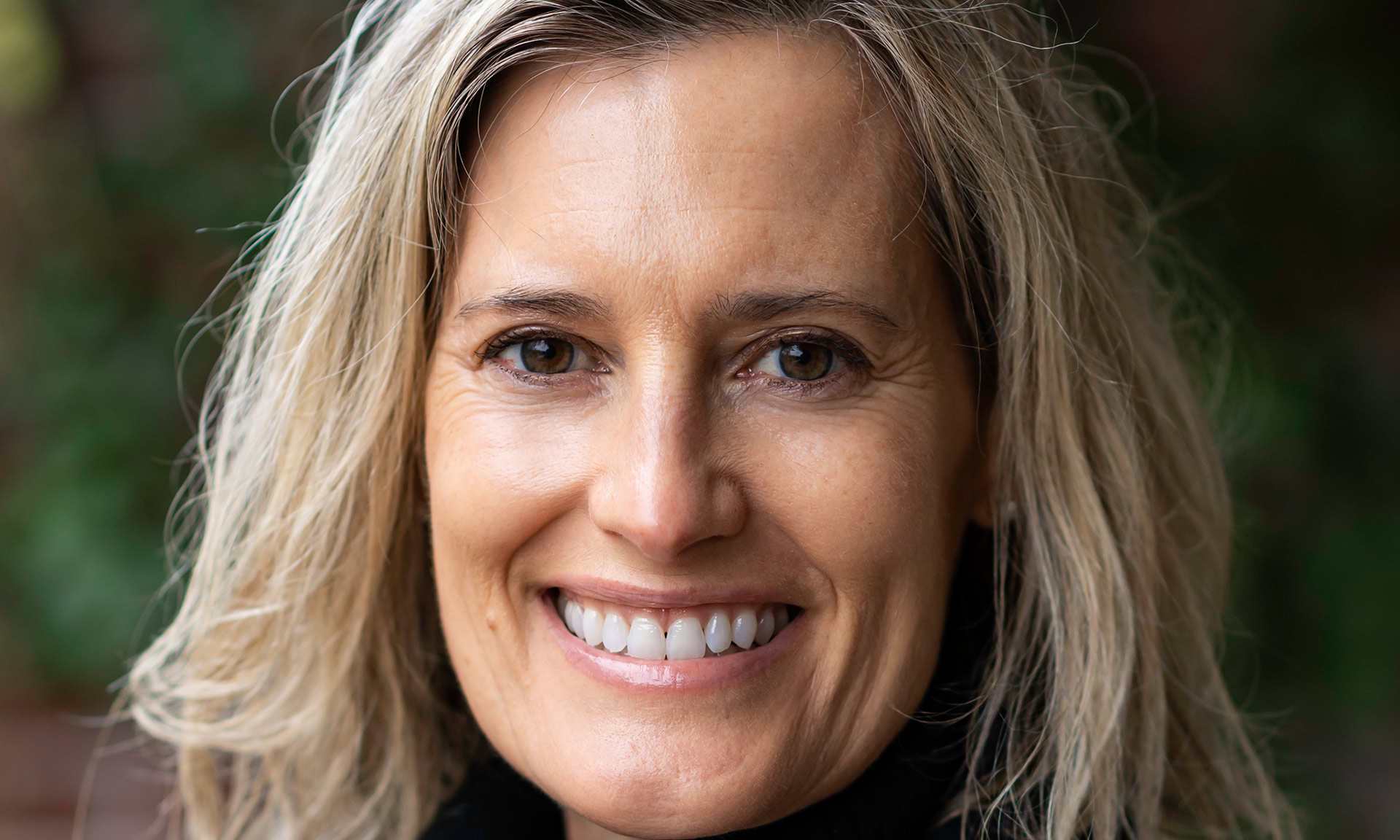
Gretchen Helmke named Guggenheim Fellow for political science
The professor and Bright Line Watch cofounder’s research focuses on the rule of law and democratic erosion in the United States and Latin America.
Lea Thome ’22: A global citizen helps shape global policy
At Rochester, the German native forged her path to a career analyzing international relations in an interconnected world.
Ian Krager ’22: Congressional communications director meets the press
Krager shares takeaways for students and graduates who want to land a dream job after college.
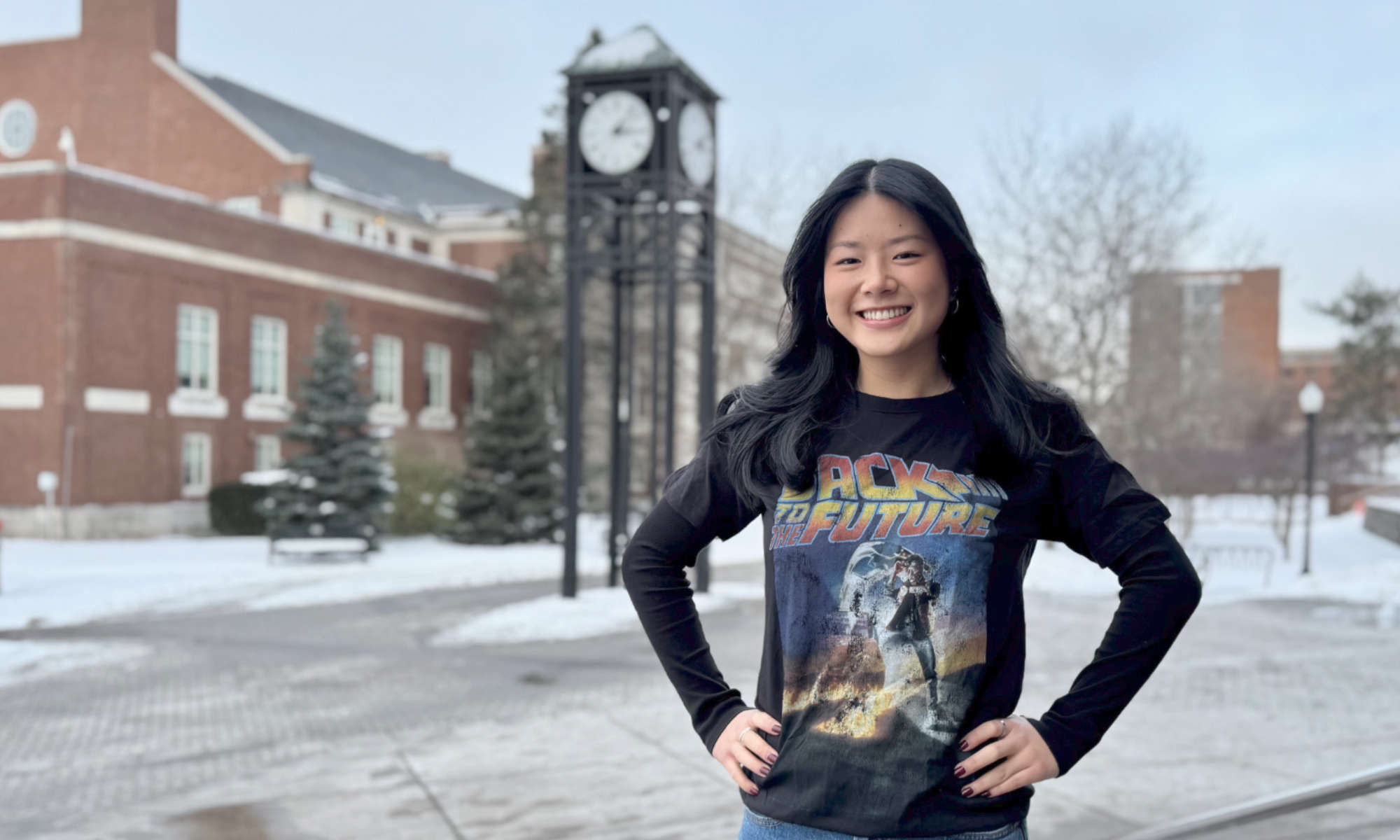
What can Back to the Future teach us about US nuclear regulations?
Rebecca Frank’s undergraduate internship taps into well-known ’80s and ’90s movies to boost civic engagement on social media.
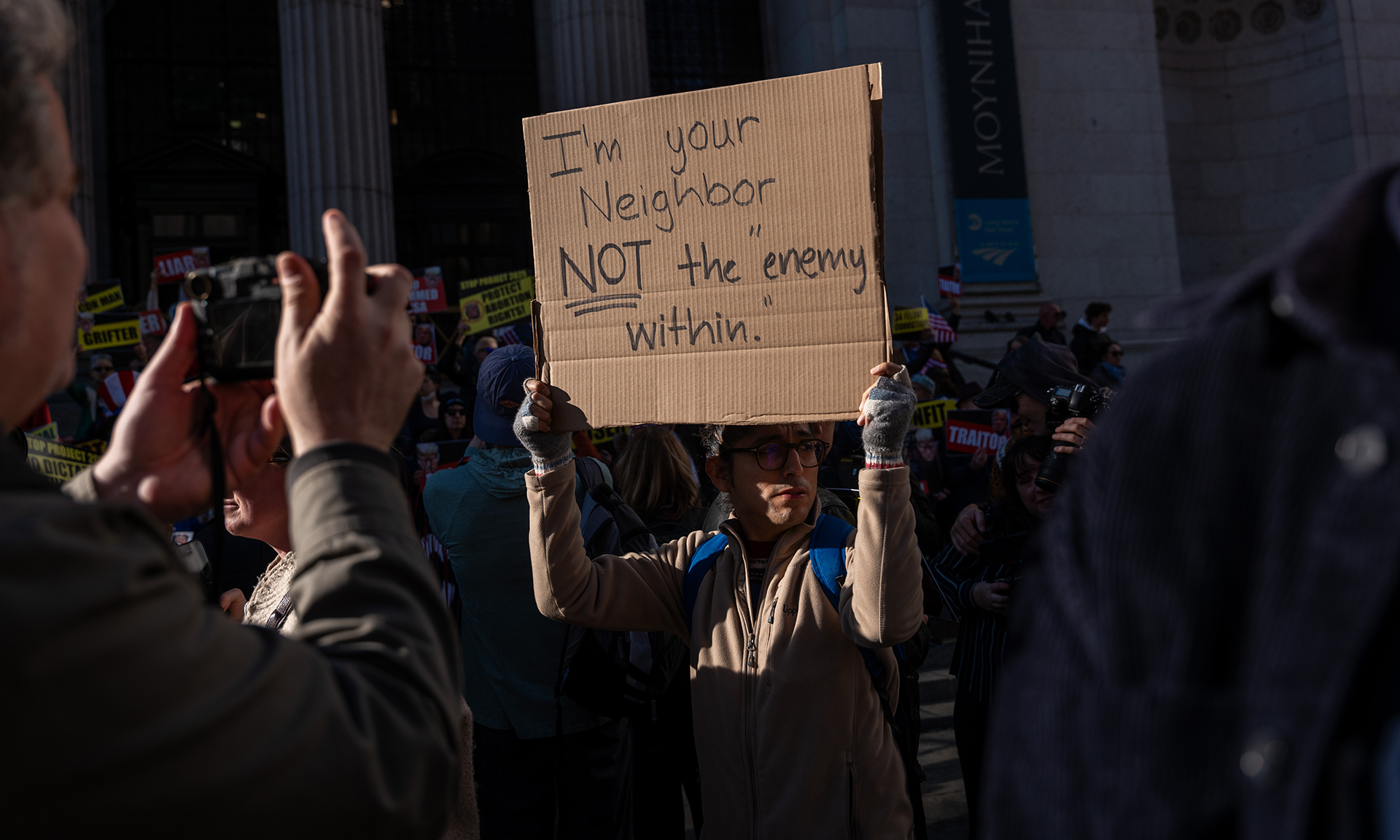
Research-backed ways to bridge America’s political divide
Researchers successfully tested 25 different approaches to reducing partisan animosity and support for undemocratic practices or political violence. Two proved most effective.
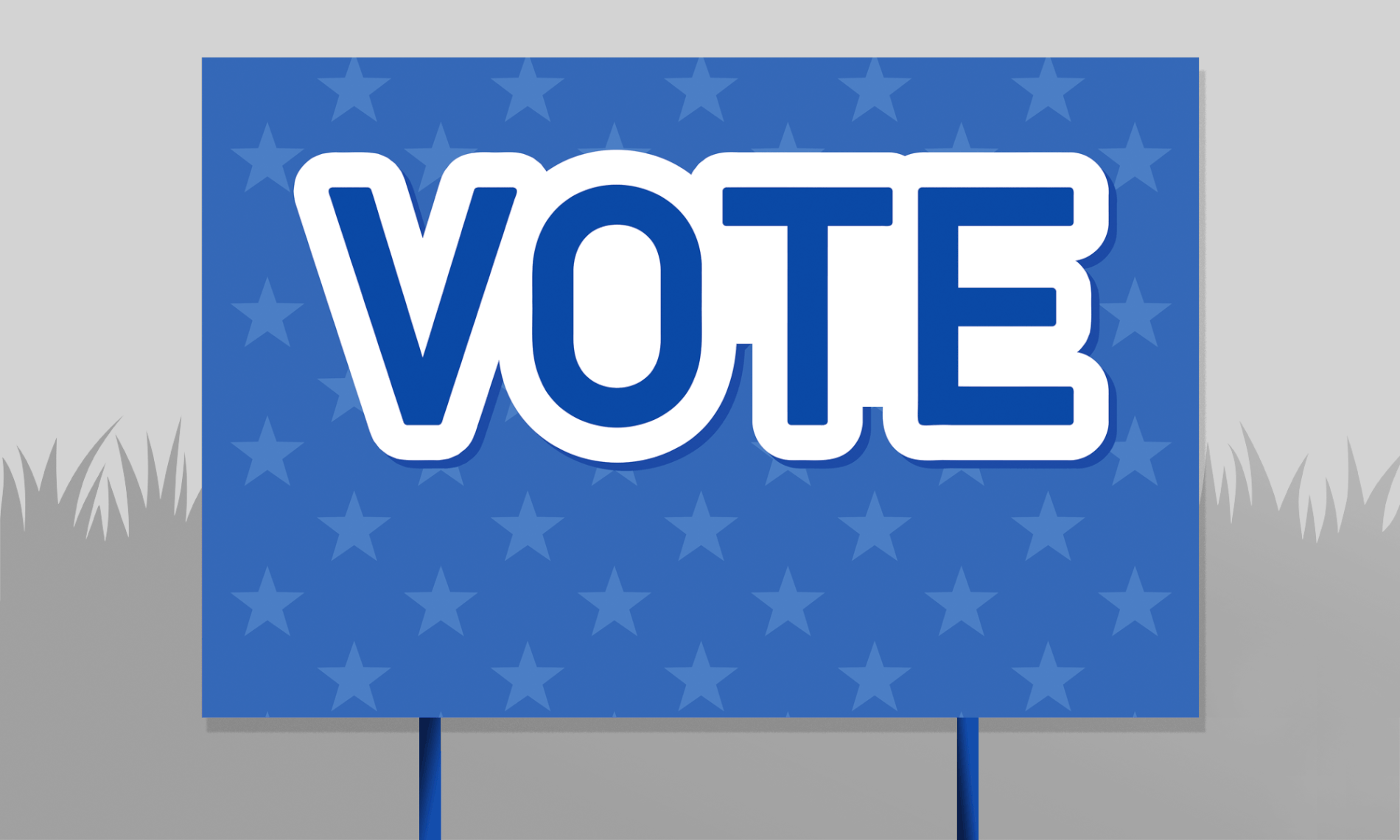
What every American needs to know about voter turnout
Rochester political scientists explain why people do and don’t exercise their right to vote—and the implications of that choice for democracy.
Back-to-school meets future-ready: New academic programs at Rochester
The range of recently launched degree programs reflects what students, the workforce, and the world need and want to become ever better.
